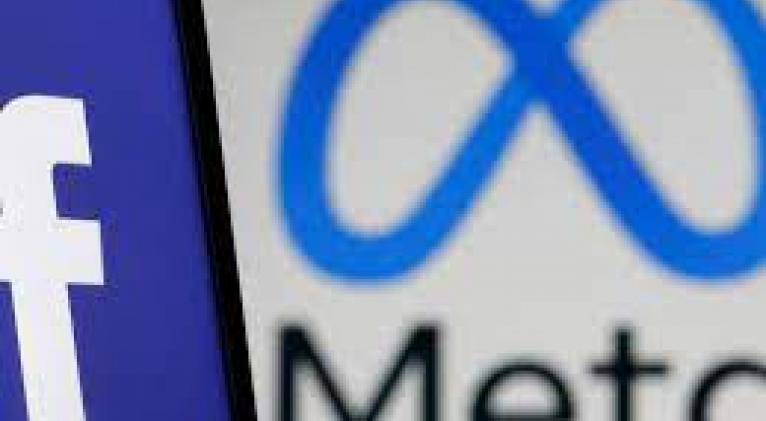Meta Launches Paid Subscription, For Whom And Why?
especiales

Meta platform users will soon be able to follow in Twitter denizens' footsteps in affixing a blue badge to their profiles as a token of authenticity and boosting their posts -- all for a fee.
Meta boss Mark Zuckerberg announced the subscription service for platforms Facebook and Instagram on Sunday, after almost 20 years of defending an economic model based on free services and advertising.
Two-speed system
Subscribers to Meta Verified will be able to verify their account on Facebook and Instagram by providing an official ID and getting a blue badge, indicating they are who they say they are.
Their account will also be better protected against identity theft thanks to pro-active monitoring.
If problems arise, these subscribers will be able to contact customer service teams directly.
And their posts, photos and videos will have a higher profile than those of non-subscribers by appearing atop search results, commentaries and recommendations.
Meta is also promising new creative functionalities.
Meta Verified will be rolled out in Australia and New Zealand this week before coming to markets in the United States and other countries.
The new service will cost $11.99 a month for users who sign up via the Internet and $14.99 for those using mobile apps. The higher price is to offset commissions taken by Apple on the iPhone or Google on smartphones operated by its Android system.
Priority for influencers
The subscription will be voluntary. And only users who are over the age of 18 will be allowed to subscribe. The service is not yet available to businesses but Meta does not rule this out in the future.
The new service mainly targets content creators.
Meta told AFP it conceived of the subscription idea because of requests from creators who are on the rise in their business undertakings.
Meta is acting as traditional social networks are seeing their numbers of users and their revenue both decline.
In 2022, Meta saw its ad revenue decline for the first time since the California-based group went public in 2012.
Inflation is eating away at online advertisers budgets, and users' attention is divided among many apps. The latter can not harvest as much personal data as they could before the intervention of regulatory authorities -- mainly in Europe -- and Apple to better protect people's online privacy.
So the battle among platforms "is becoming a bit of a battle for attracting and retaining the creators, because, at the end of the day, it's the creators who have the content that keeps the eyeballs," said Carolina Milanesi, an analyst at Creative Strategies.
But that is not enough.
Snapchat, Reddit and Discord are all proposing that users cough up a few dollars a month for supplementary tools.
Twitter, bought by Elon Musk last year, made a chaotic launch of an account verification feature that costs $7 a month on the Internet and $11 a month on an iPhone.
Twitter Blue's coveted check mark lets users promote their posts better, see much less advertising and have more writing freedom, with longer tweets.
Milanesi said she thinks Meta wants to diversify its revenue sources.
After Twitter launched its subscription service, other social media groups thought "well, we might as well try," she told AFP.
"Justifying that from a creator perspective I think is more of a marketing pitch than of true value to creators," she added.














Add new comment